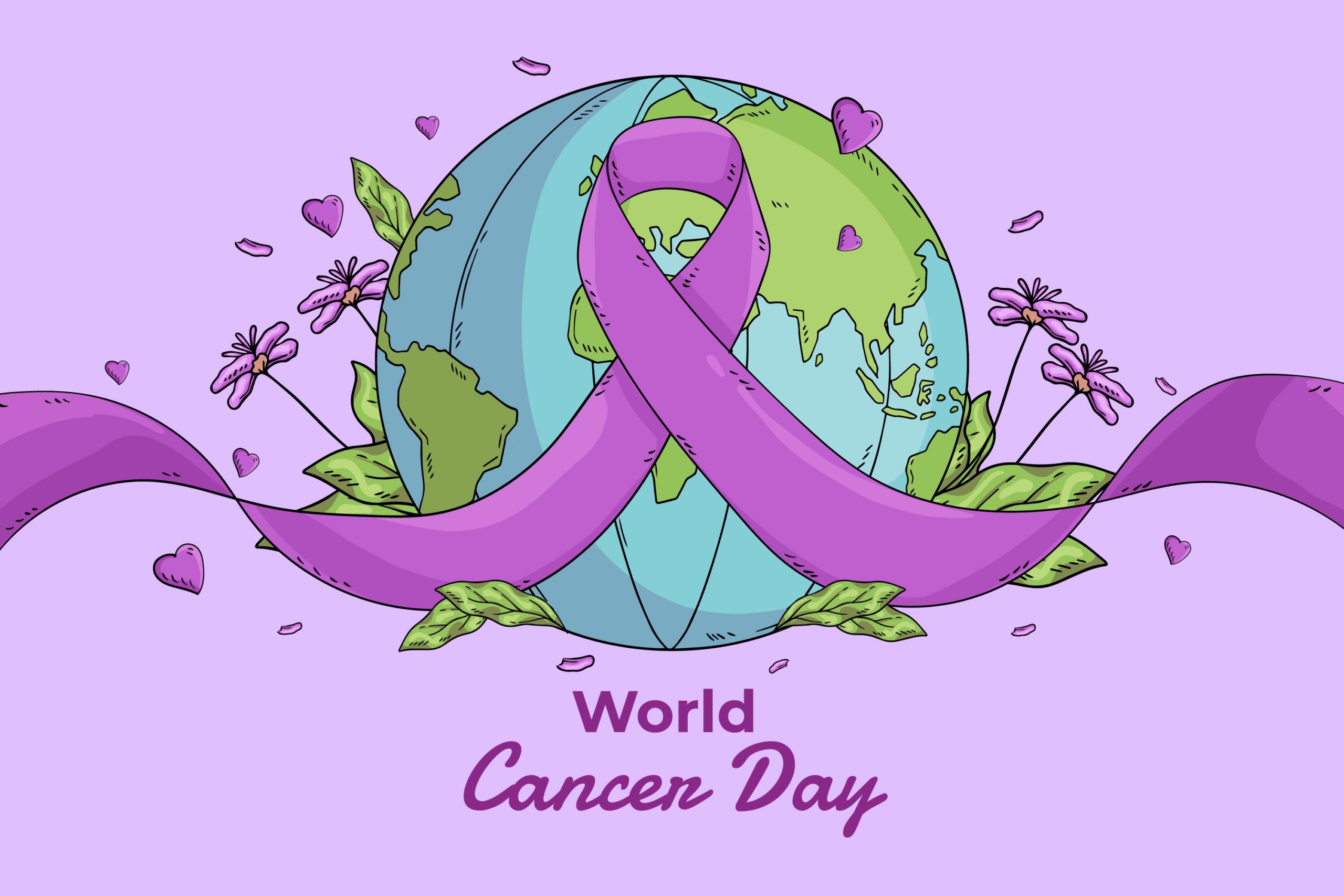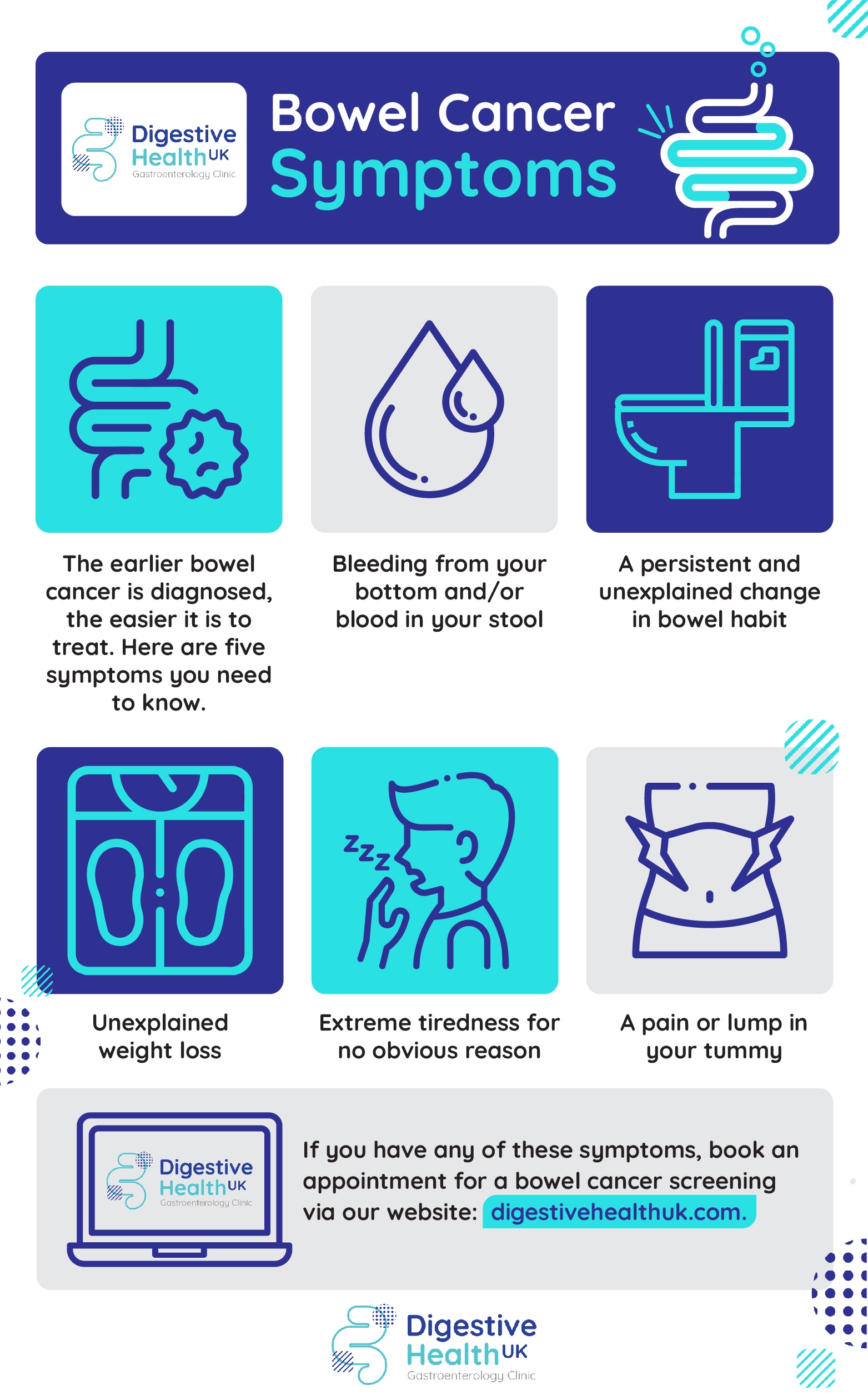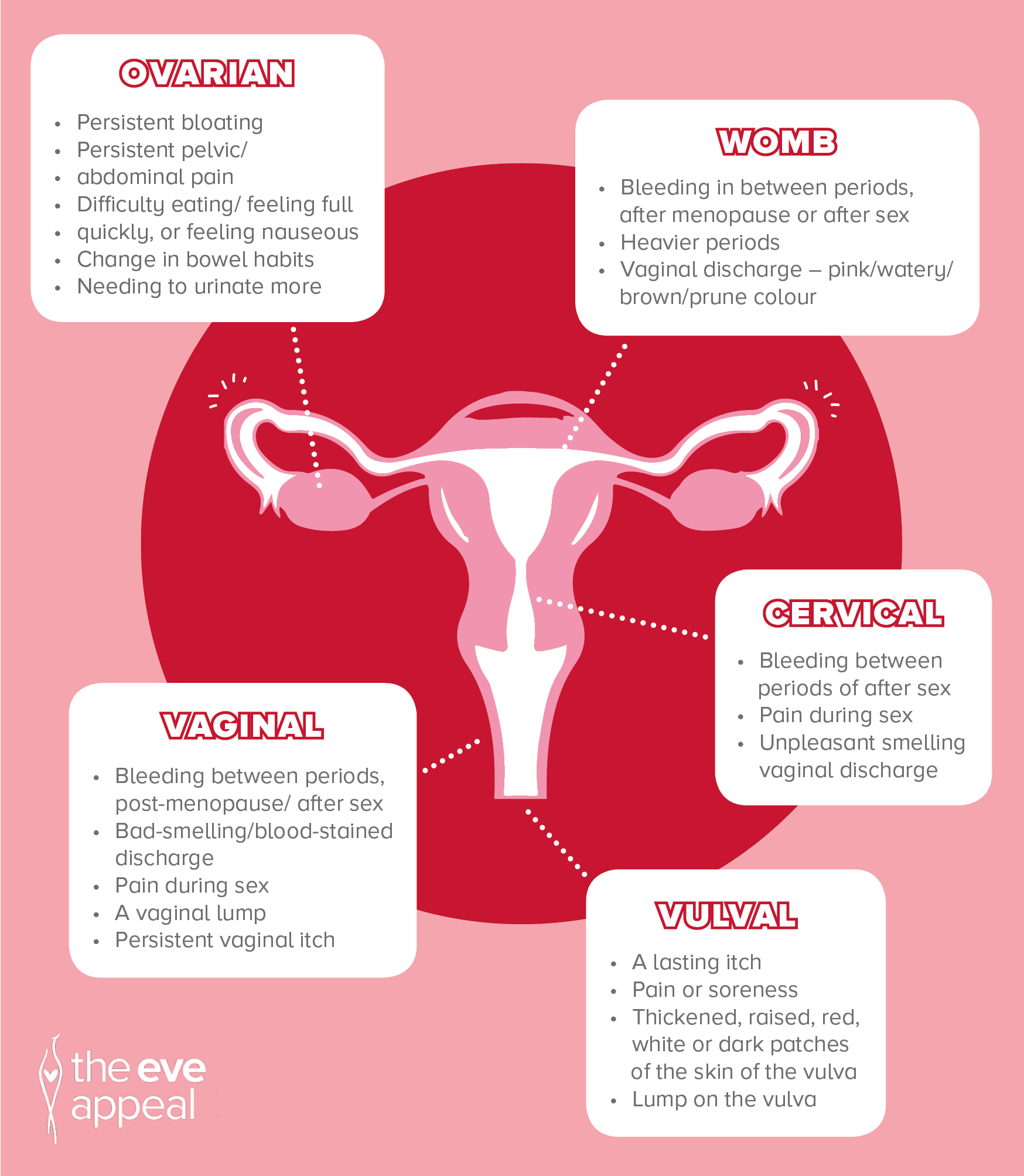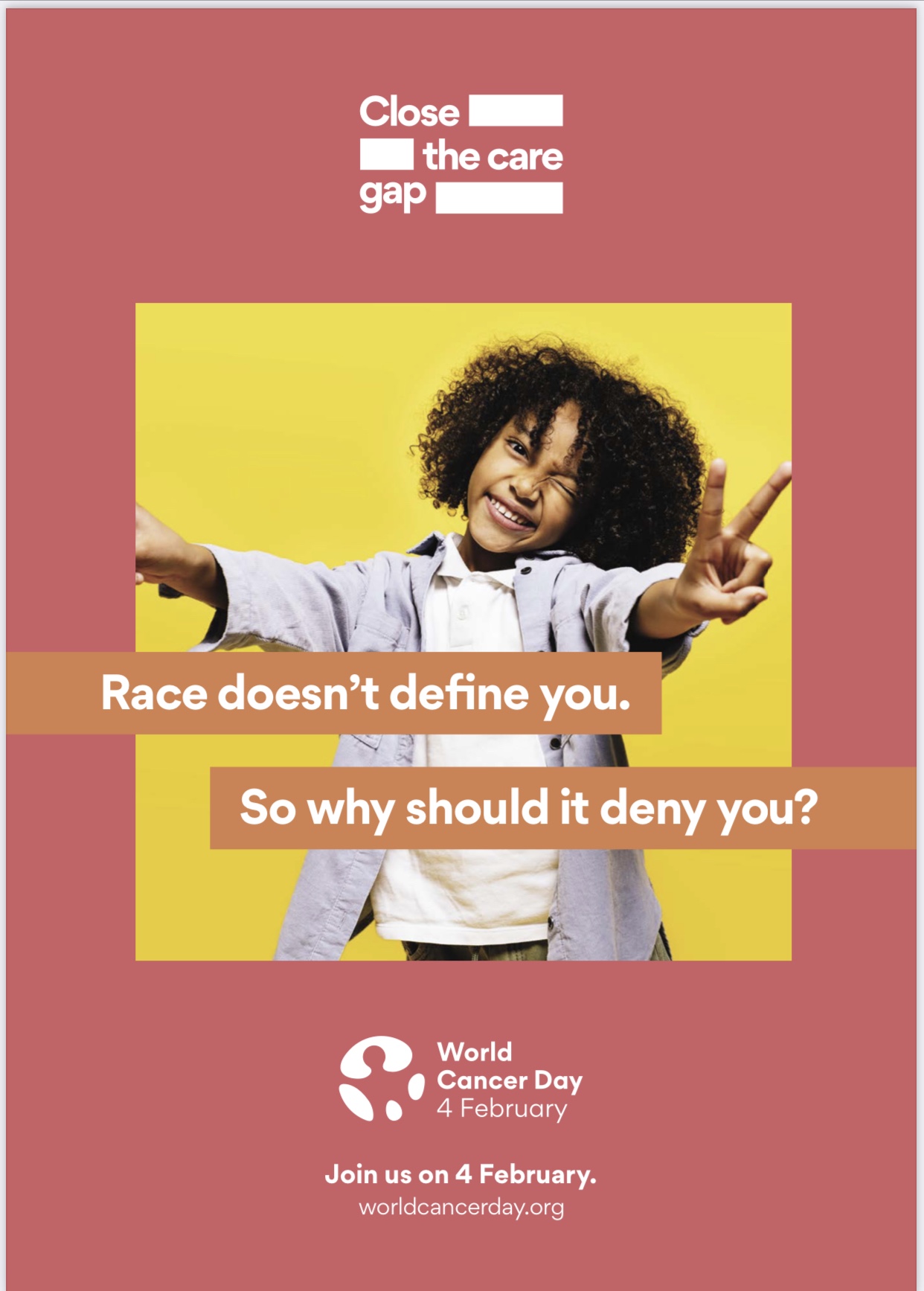February 4th is World Cancer Day. On this day, I wanted to share a post from the Young Breast Cancer Network that really resonates with me.

Life after a cancer diagnosis is never the same. It changes you in many different ways. The quote in this image explains how so many people who have been diagnosed with cancer, feel.
This is why it’s so important to keep doing the research that will help future generations of patients live longer, with good quality lives, after a diagnosis.
I was diagnosed with my first Cancer in October 2014 and at the time, it felt like I was handed a death sentence. How I felt throughout that journey, has changed who I am today dramatically.
Surviving Cancer not once but twice has for me, been a miracle. You can never look at life the same as others, even if you try. Not because you don’t want to have that ‘cheery disposition’ everyday but simply because, you realise that every day that you get to wake up is a true blessing. Even though gratitude is the loudest voice in your head, you are still always cautious about making plans, nervous about committing to others, only to have to cancel later. This journey for most is a very difficult one, and unless you have walked it, the hardest to understand. You can be surrounded by so many, yet still be so alone.
I truly feel blessed to have fought and ‘survived’ the battle I did. However, I know others who like me, still struggle in coping with how a disease they would never in a million years ask for, has changed them forever.
So when you meet someone who has fought or is still fighting, stop for a moment and say a quiet little prayer, that they ‘truly’ come out the other side, free of guilt, pain, fear and go onto to living a life full of happiness, laughter and one where they don’t have to ‘pretend’ they are ok. Because, I can tell you, eight years on from my first diagnosis, and 6 years from the second, I still struggle.
Here is some helpful information about cancer from World Cancer Day
What is cancer ?
Cancer is a disease which occurs when changes in a group of normal cells within the body lead to uncontrolled, abnormal growth forming a lump called a tumour; this is true of all cancers except leukaemia (cancer of the blood). If left untreated, tumours can grow and spread into the surrounding normal tissue, or to other parts of the body via the bloodstream and lymphatic systems, and can affect the digestive, nervous and circulatory systems or release hormones that may affect body function.
Tumours can be divided into three groups: benign, malignant or precancerous
Benign tumours are not cancerous and rarely threaten life. They tend to grow quite slowly, do not spread to other parts of the body and are usually made up of cells quite similar to normal or healthy cells. They will only cause a problem if they grow very large, becoming uncomfortable or press on other organs – for example a brain tumour inside the skull.
Malignant tumours are faster growing than benign tumours and have the ability to spread and destroy neighbouring tissue. Cells of malignant tumours can break off from the main (primary) tumour and spread to other parts of the body through a process known as metastasis. Upon invading healthy tissue at the new site they continue to divide and grow. These secondary sites are known as metastases and the condition is referred to as metastatic cancer.
Precancerous (or premalignant) describes the condition involving abnormal cells which may (or is likely to) develop into cancer.
Signs and Symptoms
With so many different types of cancers, the symptoms are varied and depend on where the disease is located. However, there are some key signs and symptoms to look out for, including:

Unusual lumps or swelling – cancerous lumps are often painless and may increase in size as the cancer progresses
Coughing, breathlessness or difficulty swallowing – be aware of persistent coughing episodes, breathlessness or difficulty swallowing
Changes in bowel habit – such as constipation and diarrhoea and/or blood found in the stools

Unexpected bleeding – includes bleeding from the vagina, anal passage, or blood found in stools, in urine or when coughing
Unexplained weight loss – a large amount of unexplained and unintentional weight loss over a short period of time (a couple of months)

Fatigue – which shows itself as extreme tiredness and a severe lack of energy. If fatigue is due to cancer, individuals normally also have other symptoms

Pain or ache – includes unexplained or ongoing pain, or pain that comes and goes
New mole or changes to a mole – look for changes in size, shape, or colour and if it becomes crusty or bleeds or oozes

Complications with urinating – includes needing to urinate urgently, more frequently, or being unable to go when you need to or experiencing pain while urinating
Unusual breast changes – look for changes in size, shape or feel, skin changes and pain

Appetite loss – feeling less hungry than usual for a prolonged period of time
A sore or ulcer that won’t heal – including a spot, sore wound or mouth ulcer
Heartburn or indigestion – persistent or painful heartburn or indigestion
Heavy night sweats – be aware of very heavy, drenching night sweats.
For more information, help, support and guidance, you can visit the following organisations.

Cancer Support
https://www.cancerresearchuk.org
https://www.macmillan.org.uk/cancer-information-and-support/diagnosis/teenagers-and-young-adults
https://www.worldcancerday.org
Ovarian Cancer
https://targetovariancancer.org.uk/
Breast Cancer
https://www.breastcanceruk.org.uk/
https://breastcancer-charity.org
https://preventbreastcancer.org.uk
Cancer Support for young people
https://coppafeel.org/our-charity/
https://www.teenagecancertrust.org
https://shinecancersupport.org
